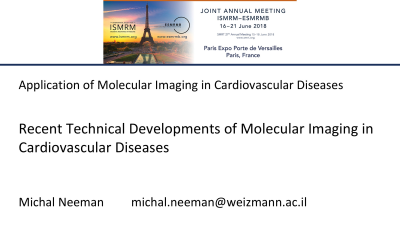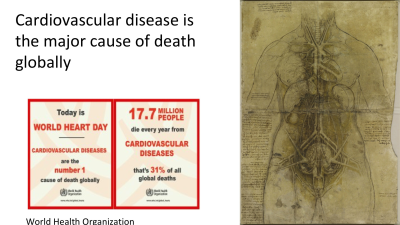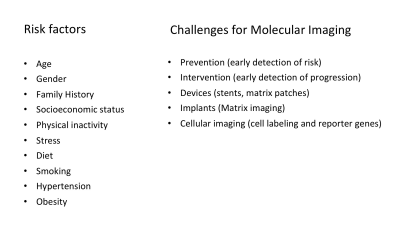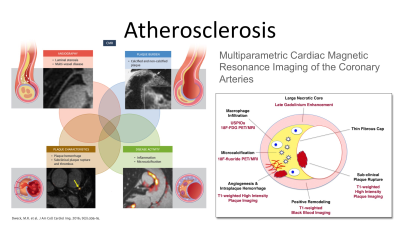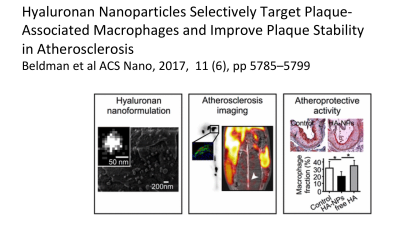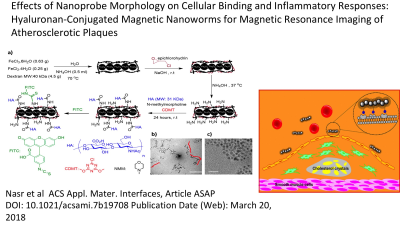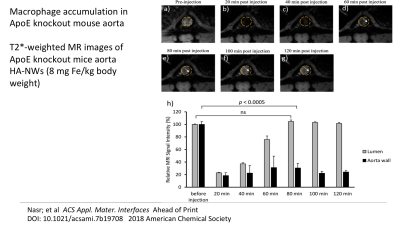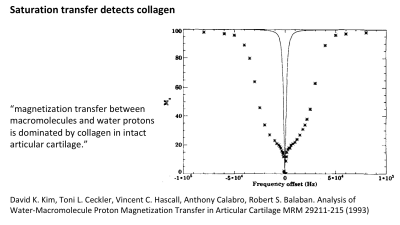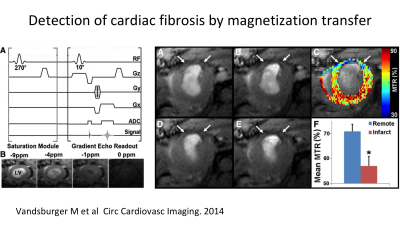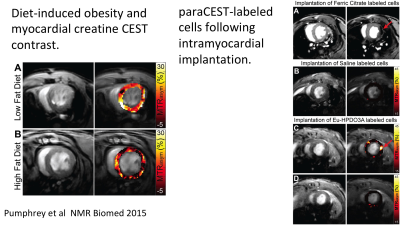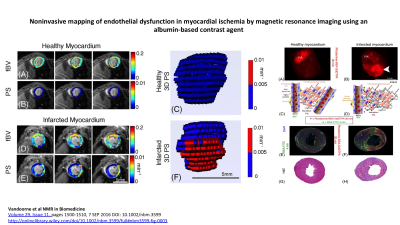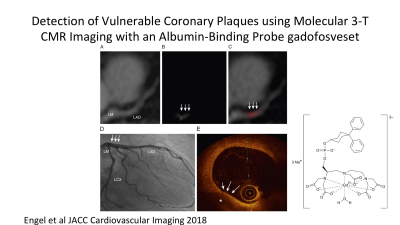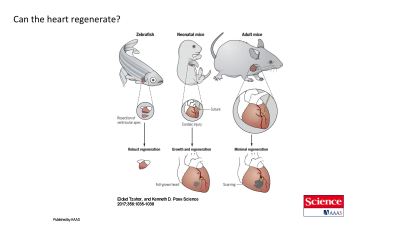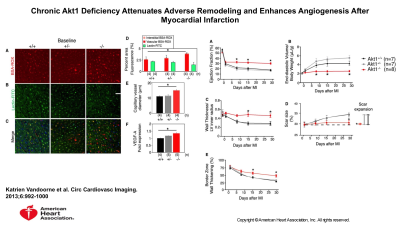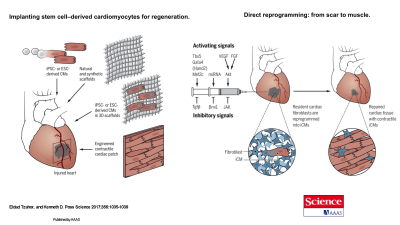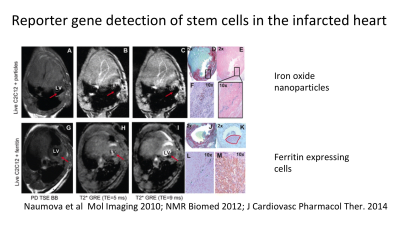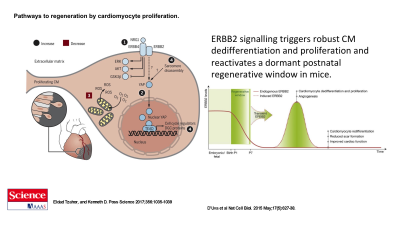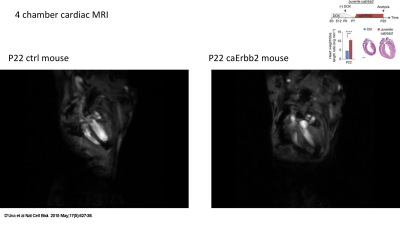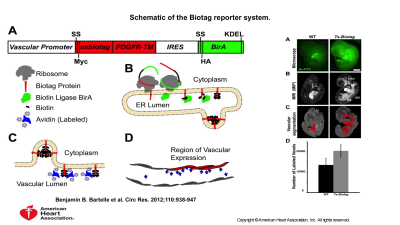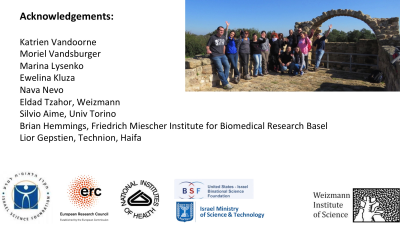Recent Technical Developments of Molecular Imaging in Cardiovascular Diseases
1Weizmann Institute of Science, Israel
Synopsis
Cardiovascular disease (CVD) is the leading cause of death, despite significant progress in identification of risk factors and preventive, as well as interventional therapy. Non invasive molecular imaging offers promise of advancing the research of the progression of this disease and eventually could impact patient care. Some of the underlying changes that occur during CVD can be detected by MRI, including changes in inflammation, involvement of macrophages and deposition of collagen during scar formation. Molecular probes can be targeted towards ECM or cell surface markers. Endogenous contrast can be used for detection of collagen deposition and vessel permeability, and reporter genes can be used for tracking tissue remodeling and stem cell regenerative therapy. Recent breakthroughs in evaluation of the control of cell cycle arrest in the heart may open new paths for enabling cardiac repair.
